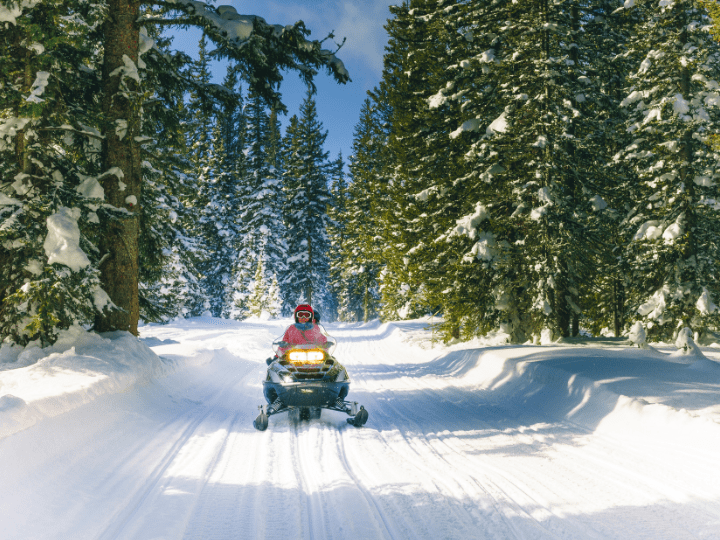As the days grow shorter and temperatures drop, it’s time for trailer owners to think about winter storage. Whether you own a travel trailer, utility trailer, or camper, proper storage is essential for protecting your investment during the cold months. Without the right preparation, snow, ice, and freezing temperatures can cause costly damage that will delay your adventures come spring.
By taking a few key steps now, you can extend the life of your trailer, reduce repair bills, and enjoy peace of mind knowing it’s protected all winter long.
Cleaning and Prepping Your Trailer
Before tucking your trailer away for the season, start with a thorough clean. Wash the exterior to remove dirt, salt, and road grime that can corrode metal or damage finishes. Pay special attention to the roof and undercarriage, where moisture tends to collect. Inside, empty out all food, clean surfaces, and vacuum to prevent pests from moving in.
If your trailer has plumbing, draining water lines is critical. Leftover water can freeze and expand, leading to burst pipes or cracked tanks. Use antifreeze designed for RV systems if necessary. Don’t forget to clean and defrost the fridge if your trailer has one, and leave doors slightly open to avoid mold or mildew buildup.
Protecting the Tires and Exterior
Tires are especially vulnerable to cold weather. Inflate them to the manufacturer’s recommended pressure before storage and, if possible, park your trailer on wood planks or tire pads rather than directly on frozen ground. This helps prevent flat spots and extends tire life. Covering tires can also protect them from UV damage during sunny winter days.
For the exterior, a high-quality, breathable cover is a wise investment. It shields your trailer from snow, ice, and debris while allowing moisture to escape, reducing the risk of mold or rust. Seal any cracks or gaps in windows, vents, and doors to keep moisture and critters out.
Battery and Mechanical Care
If your trailer is equipped with a battery, disconnect it and store it indoors in a cool, dry place. Cold weather drains batteries quickly, and storing them properly will help extend their life. For trailers with engines or generators, it’s also a good idea to top off fuel tanks, add stabilizer, and run the equipment briefly to circulate treated fuel.
Lubricating moving parts such as hitches, jacks, and hinges before storage will also help prevent rust and seizing over the winter months.
Choosing the Right Storage Location
Where you store your trailer can make all the difference. If possible, opt for indoor storage in a garage, barn, or specialized facility. If indoor space isn’t available, choose a level outdoor spot with good drainage. Avoid parking under trees where falling branches or ice could cause damage.
No matter where you park, ensure your trailer is secure. Use wheel locks, hitch locks, or security chains to deter theft.
Don’t Forget About Insurance
Even when stored for the season, your trailer still faces risks like theft, vandalism, or storm damage. Reviewing your insurance policy before winter sets in is a smart move. Some policies offer reduced “storage-only” coverage, which may save money while still protecting your trailer from common off-season risks.
Speak with your broker to ensure you have the right protection in place before your trailer goes into hibernation.
_
Properly storing your trailer for the winter is more than just parking it and walking away. A little preparation – cleaning, protecting, and reviewing your insurance – goes a long way toward keeping your trailer in great shape. When spring arrives, you’ll be able to hit the road with confidence, knowing your trailer is ready for another season of adventure.
Want to make sure your trailer is protected this winter? Connect with us to review your insurance coverage and find the right options for your needs.











